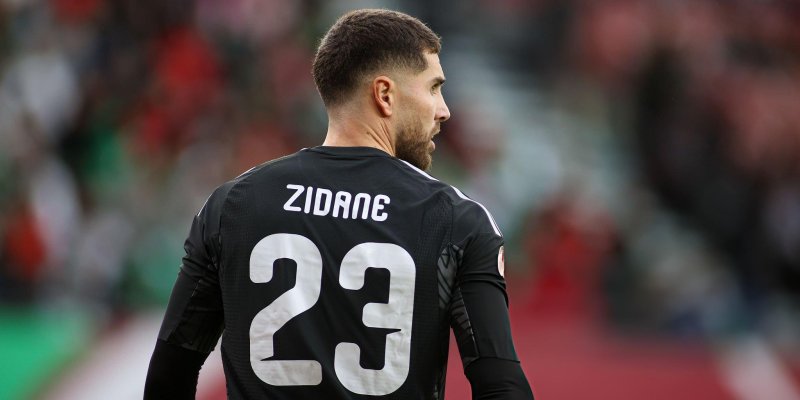
At the end of last season, many were quick to switch Manchester City into a supposed "reset" mode. It seemed Pep's machine had faltered, rivals had closed in, and the resource of dominance was exhausted. But the Citizens are picking up speed again: tempo, compactness, and the quality of decision-making across every part of the pitch are restoring that familiar assurance. Against this backdrop, the manager records a personal landmark — 250 Premier League wins at the helm of "City", achieved at a record pace.
A Pace of Historic Proportions

250 wins in 349 matches — a colossal clip equivalent to roughly a 71.6% win rate. In the speed of accumulating victories, Guardiola has surpassed even Sir Alex Ferguson and Arsène Wenger — names inseparable from the Premier League's history. In an elite league where every round is a test of resilience, such consistency signifies not just class but systemic robustness.
Not Only Haaland: A Synchronized Mechanism
The focus on Erling Haaland's scoring power is natural, but this "City" impress again first and foremost through collective automation: positional attacks, clean build-up under pressure, tempo control via short and medium passes, and timely drifts into the half-spaces. What matters is not only the finishing strike, but the sequence of phases — from counter-pressing to the final pass.
Premature Doubts and the Right Adjustments

The doubts of last spring-summer were understandable: injuries, fatigue of key performers, and psychological burnout after trophy runs. The response was not cosmetic repair but targeted adaptation: rotating zones of responsibility, careful integration of fresh roles, and a return to high intensity without haste. As a result, the Citizens are dictating terms over the long haul once again.
Pep's Tactical Evolution
Guardiola does not get stuck on "formation labels", but the principles are clear: hybrid full-backs, density in the center to control second balls, and 3-2-4-1/4-3-3 dynamics depending on the opponent's pressing height. "City" can widen the pitch while simultaneously overloading the required flank, shifting the ball into the advantage zone within two or three phases — it is precisely this steerable variability that is delivering points again.
Numbers That Impact Psychology

Milestones matter not only for the statistics. 250 wins are a marker for the dressing room and a signal to competitors. The team receives confirmation that the method is not exhausted, while rivals are reminded: give "City" room for a run and the table's shape changes quickly.
Best in League History? A Broader Question Than It Seems

Comparing eras is always conditional: budgets, fixture congestion, the level of opposition, and even the interpretation of the laws change. But one criterion is universal — systemic consistency. And here Pep has plenty to show: style as an instrument of results, constant evolution, and the ability to sustain a high level over a long league campaign. The 250 mark is not a full stop, but another reference point from which "City" set off again in the race for the summit.








